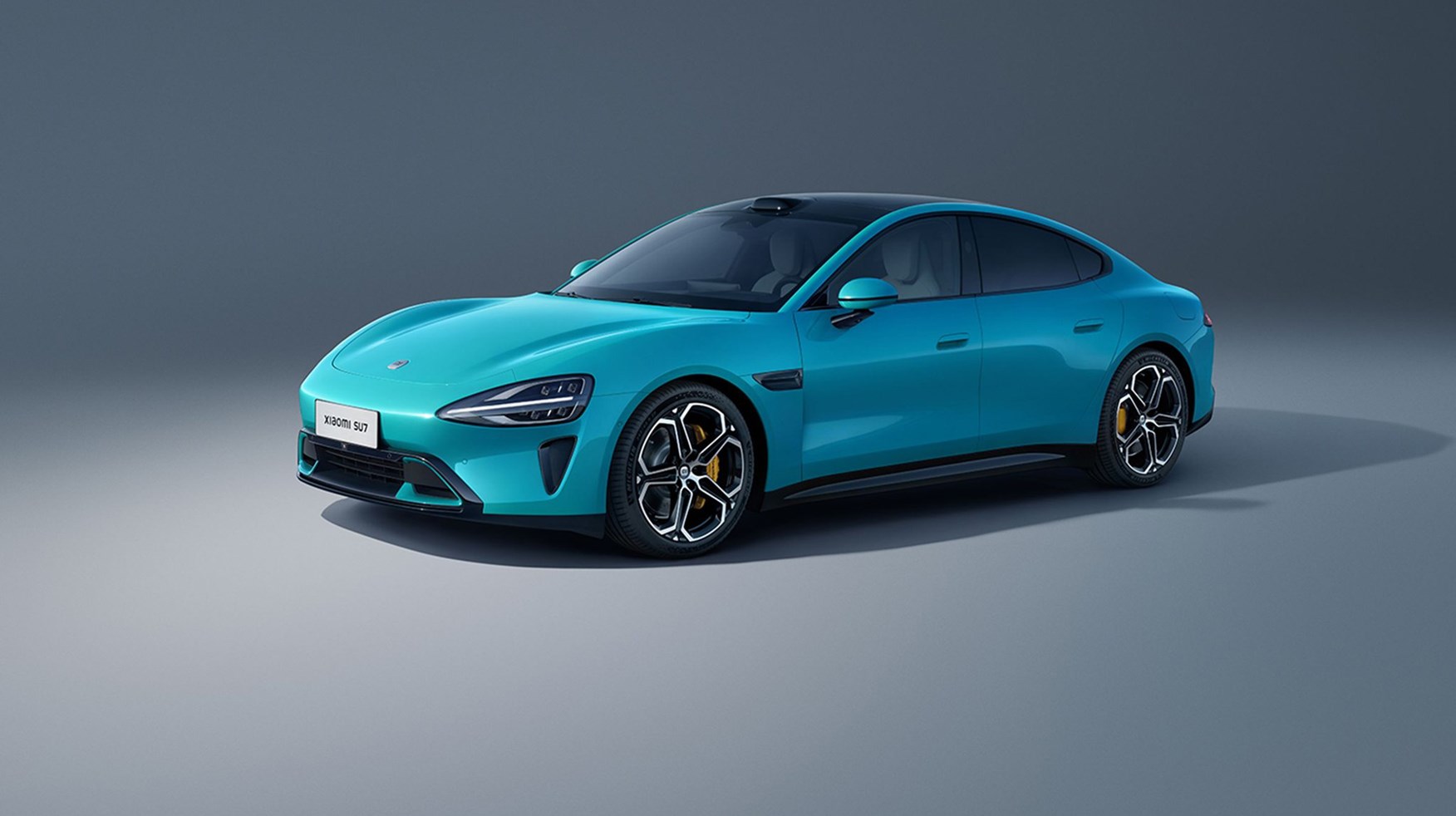How Zinc Die Casting and CNC Machining Power the Future
How Zinc Die Casting and CNC Machining Power the Future
Blog Article
Meeting the Demands of the EV Revolution
As electric vehicles (EVs) rapidly evolve, so do the engineering requirements for their components. Lightweight construction, compact integration, and superior precision are no longer luxuries—they are necessities. For suppliers of EV components, traditional fabrication methods struggle to meet the increasingly tight tolerances and complex geometries required by new vehicle platforms.
This is where advanced zinc die casting mold solutions and integrated CNC machining services make a significant impact. By combining the strength and moldability of zinc alloys with ultra-precise post-processing technologies, companies like Junyin enable manufacturers to bring innovative EV parts to life at industrial scale.
Case Study: Integrated Charging Connector Housing for a Major EV Brand
To illustrate this, consider a real-world project handled by the Junyin team. A leading electric vehicle OEM approached Junyin with a challenge: design and produce a compact, high-strength, and corrosion-resistant charging connector housing with integrated cooling fins and snap-fit locking mechanisms.
Junyin’s engineering team first developed a custom zinc die casting mold tailored to form the complex internal and external features of the connector in one seamless process. The zinc alloy selected delivered excellent dimensional stability, thermal conductivity, and mechanical resilience—essential for electrical interface applications.
Once the die-cast components were formed, they underwent five-axis CNC machining to refine the connector’s interface surfaces and mounting holes to within ±0.005mm tolerance. An automated tool measurement system ensured consistency across production batches, reducing scrap and post-inspection time.
Surface Finish, Reliability, and Compliance
Surface roughness was controlled to under Ra1.6 during the casting phase, ensuring low friction and excellent compatibility with sealing gaskets. Post-processing included optional electroplating and powder coating to further protect the housing from oxidation and physical wear.
To ensure long-term reliability, each unit was subjected to 96-hour salt spray tests and full 3D dimensional inspection. All units passed IATF 16949 standards—critical for automotive suppliers worldwide.
From Mold to Market: End-to-End Manufacturing with Junyin
What sets Junyin apart is their integrated workflow. From early-stage mold flow analysis to final surface treatment, they provide a one-stop manufacturing solution. This dramatically reduces project lead times, streamlines supplier communications, and improves traceability across the production cycle.
For the client mentioned above, this holistic approach shaved nearly 30% off the expected development cycle—enabling faster market entry and improved ROI.
Beyond Automotive: Broad Applications of Zinc Die Casting and CNC Machining
While this case focused on electric vehicle applications, the benefits of zinc die casting molds and CNC machining extend far beyond the automotive sector. Industries like consumer electronics, smart home devices, and even medical equipment increasingly rely on these techniques for compact, high-precision components.
For example, just as EV makers need thermal-dissipating housings, high-performance computing platforms—like those used in digital animation or AI simulation (see Autodesk)—require similar metal enclosures with precision-milled venting and ports. This makes zinc die casting an incredibly versatile solution across the modern tech ecosystem.
